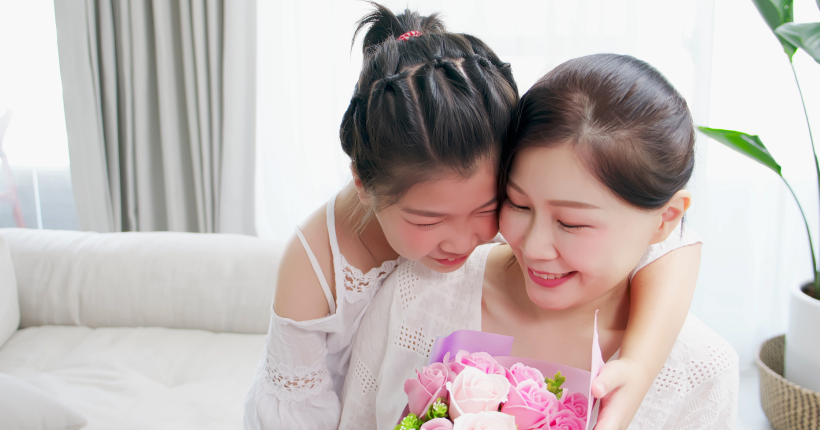Building Trust!!!
Trust is a big umbrella, it isn’t built in a day but over years of consistent effort and honest connection. From the moment a baby is born, they instinctively trust their parents. They seek love, comfort, and attention every second. This natural bond begins the journey of trust.
So why do some children stop sharing their feelings with parents as they grow? Why do they start hiding things? Why do teenagers trust their friends more than their family? Have you reflected on these questions?
A Parent’s Reflection
Is it something we unintentionally did as parents? When our children were younger perhaps around 5 or 6 years old we made decisions for them. But do we continue this pattern even when they begin to develop their own understanding, preferences, and voice?
Choosing everything for your child can seem caring, but it may unintentionally signal that their opinions or preferences don’t matter. This leads to trust gaps.
Learning Through Choices
One parent once told me her child chose a toy that broke within two days, and she saw it as a waste. But I see it differently. That moment was a learning opportunity for the child an introduction to understanding consequences. Our role? Be the guiding friend, not the disappointed boss. Teach, don’t dictate.
From Control to Connection
As children grow, our parenting should grow too. If we continue saying “I know better because I’m your parent,” we miss a chance to evolve with them. Children begin to hide their true selves not because they don’t trust you but because they fear rejection of their choices and individuality.
The Early Years Foundation Stage (EYFS) curriculum reminds us: every child is unique. Respecting this uniqueness helps build mutual respect and trust.
Small Steps Build Big Trust
Trust your child’s small decisions. Appreciate their opinions. Celebrate their growth even if it’s messy. When you trust your child first, they will learn to trust you back. Gradually, they’ll open up, share, and seek your advice without fear.
Understand Their World
Today’s children are born into a more connected, faster, and emotionally different world. They are smart, tech-savvy, and practical, but not always emotionally resilient. They need more than rules they need someone who trusts them and guides them patiently.
Patience is the key to parenting. Trust grows when we replace control with connection.
Final Thought
If you’ve ever said, “My child doesn’t share their feelings with me,” perhaps now is the time to ask do they feel safe enough to? Let’s become the safe space they need, not just the authority figure they fear.
Because once a parent, always a parent.





